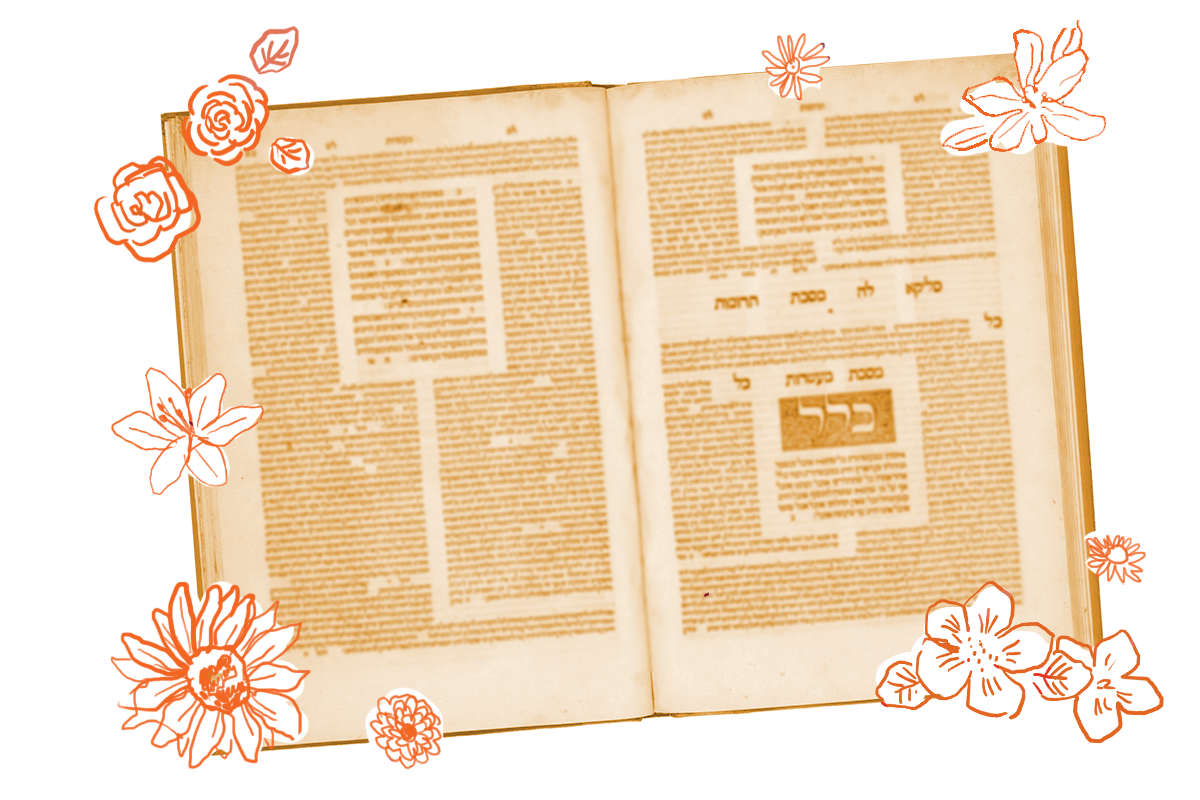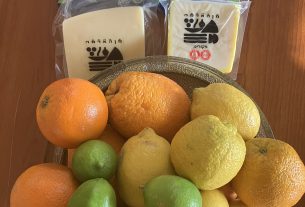Many a parent has told their reluctant toddler to “eat your greens!” There’s lots of scientific evidence that richly-colored plants are an important source of vitamins and minerals. Today’s daf echoes this wisdom with its own discussion of the healing properties of cress.
Garden cress, scientific name lepidium sativum, is native to much of the Middle East, Europe and South Asia. Related to the more commonly known watercress, it has bright green leaves and a peppery or mustardy taste. While it’s yummy in a salad or a sandwich, the rabbis of the Babylonian Talmud are more interested in discussing its health effects.
The Talmud discusses the question of whether or not one can grind and drink cress on Shabbat. If cress is a life-saving medical treatment, then the answer is obviously yes. If it isn’t, then grinding the cress on Shabbat would violate the prohibition of working (through grinding) on Shabbat. The Talmud thus asks:
Does this drink heal, which would mean that it is appropriate to violate Shabbat for it, or does it not heal, and therefore one should not violate Shabbat for it?
Rabbi Yehoshua ben Levi offers the answer:
Rabbi Hanina permitted me to drink cress juice on Shabbat.
This answer suggests that grinding cress is a life-saving medical treatment which can (and perhaps even must!) be performed on Shabbat.
Today’s daf isn’t the only place in the Talmud where the healing power of cress is mentioned. Avodah Zarah 28a prescribes cress combined with vinegar to stop bleeding. Shabbat 109b suggests that ingesting white cress can help with parasites. The rabbis clearly believe that cress is a powerful medical substance.
But as is true of all medical substances, cress can also be dangerous when used incorrectly in the Talmud. Berakhot 57b includes cress in a list of substances that can cause a relapse in someone who is healing from an illness. Ketubot 60b states that a woman who eats cress (possibly while pregnant?) will end up with children who have dripping eyes. And Avodah Zarah 29a insists that eating cress before a medical bloodletting is dangerous.
It is clear that the rabbis think that cress is a powerful plant that can cause both profound healing and serious medical harm. How then should it be handled? This talmudic discussion raises a much broader question relevant today: All medications have risks, but how do we balance those risks?
According to today’s daf, Rabbi Yehoshua ben Levi asked Rabbi Hanina his question about cress “because he is an expert in medicines.” Rabbi Yehoshua ben Levi was himself a rabbi, a sage renowned for his expertise in Torah who discussed the coming of the messiah directly with Elijah the Prophet! (Sanhedrin 98a) But as the Gemara here points out, no one is an expert at everything. And so when trying to determine whether or not cress was truly life-saving, he went to the rabbi who was an expert at the best that medical science had to offer at the time, Rabbi Hanina.
So what should we do when we’re not sure about complicated medical treatments? How do we balance medical risks? Today’s daf tells us — ask a real medical expert.
Read all of Yoma 49 on Sefaria.
This piece originally appeared in a My Jewish Learning Daf Yomi email newsletter sent on May 30th, 2021. If you are interested in receiving the newsletter, sign up here.
The post Yoma 49 appeared first on My Jewish Learning.




